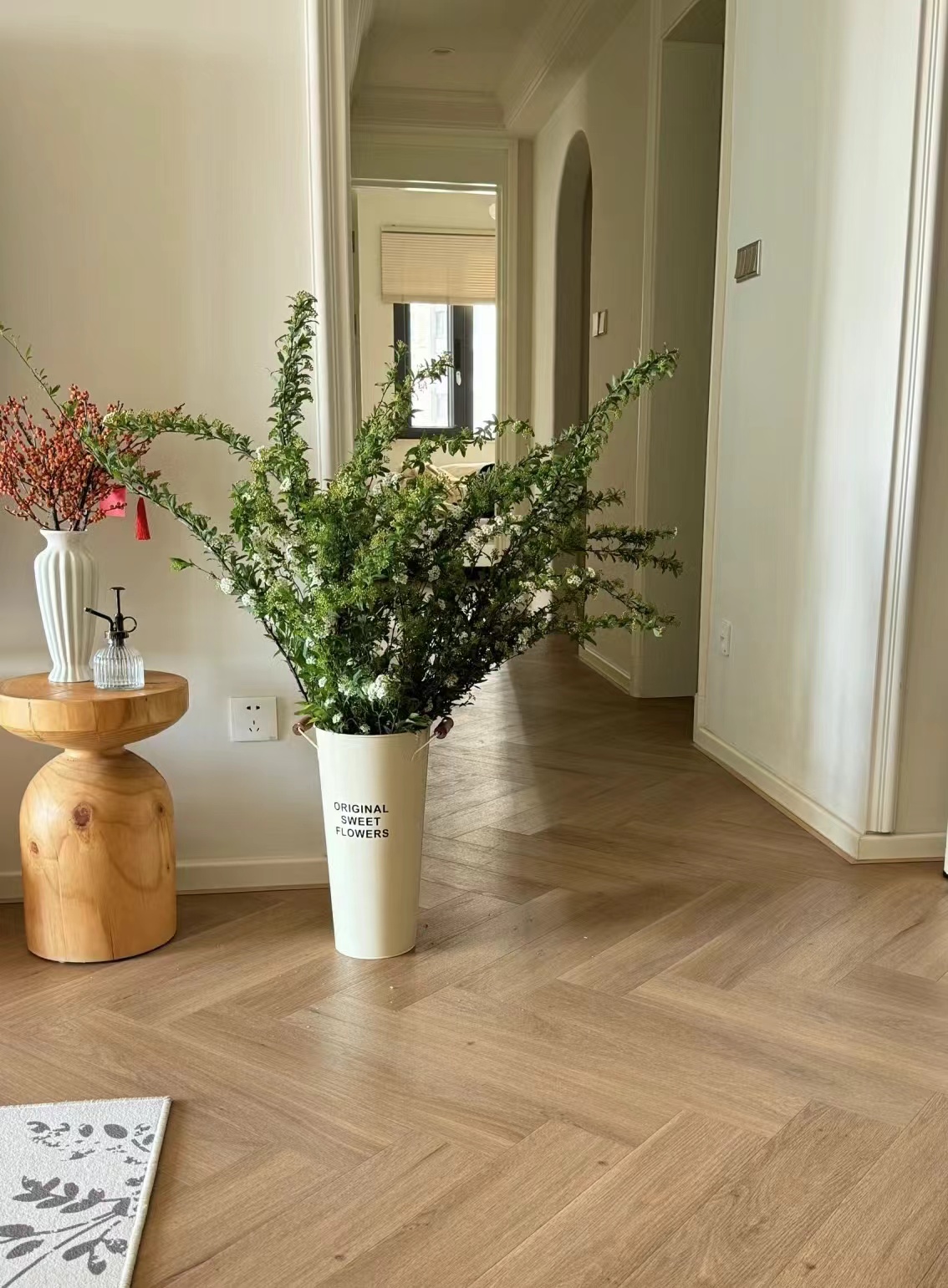Understanding the Eco-Friendly Nature of Vinyl Flooring
Upload Time:
Mar 01, 2024
Understanding the Eco-Friendly Nature of Vinyl Flooring
1. Recyclability and Reduced Waste:
One of the key aspects that make vinyl flooring an eco-friendly choice is its recyclability. Modern vinyl flooring can be recycled, reducing the amount of waste that ends up in landfills. Additionally, the production of vinyl flooring has evolved to become more efficient, further reducing waste during the manufacturing process. This advancement is particularly relevant in Brisbane, where environmental consciousness is on the rise.
2. Durability and Longevity:
Vinyl flooring is renowned for its durability. In Brisbane's climate, where humidity and temperature fluctuations are common, vinyl flooring stands out for its ability to withstand these conditions without deteriorating quickly. This longevity means less frequent replacements, which, in turn, reduces the environmental impact associated with manufacturing and installing new flooring. According to a blog from Medium, luxury vinyl tiles (LVT) and luxury vinyl planks (LVP) are popular due to their waterproof and scratch-resistant properties, making them ideal for busy kitchens.
3. Low VOC Emissions:
Another significant environmental benefit of modern vinyl flooring is its low VOC (Volatile Organic Compounds) emissions. VOCs contribute to air pollution and can have adverse health effects. The latest vinyl flooring products are designed to minimize VOC emissions, contributing to better indoor air quality in Brisbane homes and businesses. According to Flooring Stores Blog, vinyl sheet/plank flooring may not be the best choice for those looking for low-VOC options. Why, you ask? Well, it's not because of the vinyl itself, but because of the adhesive used during installation. The adhesive is often packed with VOCs, making it one of the most common sources of VOCs in flooring, along with finishes.
Relevant News









